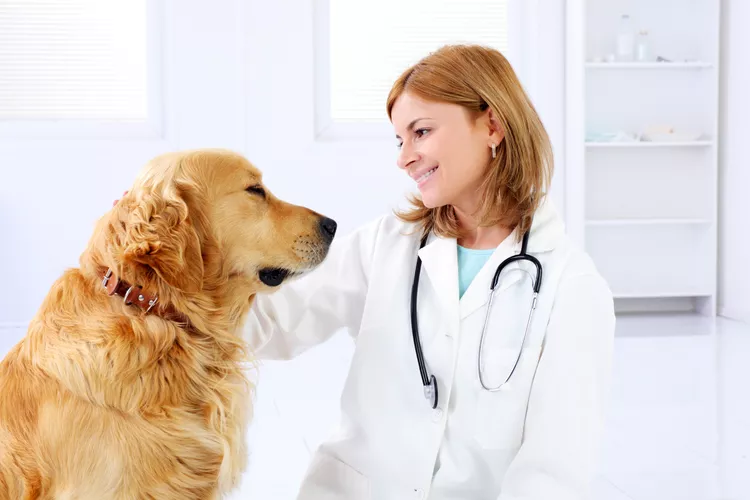
Lymph nodes are found in various places in the body. These small glands are not typically easy to find or feel unless they become enlarged. Swollen lymph nodes usually occur as a result of infection or disease, especially in the area of the swollen nodes.
Knowing the potential reasons for swollen lymph nodes and what to watch for can help you better monitor the health of your dog. While the lymph nodes themselves rarely require treatment, the underlying condition causing their swelling may be severe and should be evaluated by a veterinarian.
Lymph nodes are small glands in the lymphatic system that help regulate a dog's immune functions. These nodes help transport infection-fighting lymph fluid and white blood cells through the body via lymph vessels. When lymph fluid and white blood cells aggregate in lymph nodes to destroy toxins and infectious materials, this accumulation can cause swelling of the nodes.
Swollen lymph nodes are often an indicator of an infection or disease process occurring in a dog's body that may have its own unique signs and symptoms. The lymph nodes themselves become enlarged and firm in response to the underlying problem.
Lymph nodes can be felt in four areas of a dog's body where these glands become prominent when swollen:
Enlarged lymph nodes may be referred to as lymphadenopathy or lymphadenomegaly until the reason for the enlargement is determined. One or multiple lymph nodes can become swollen, and this typically occurs due to an underlying disease or infection. If you notice a lump where your dog's lymph nodes are, you should not wait to have it examined by a veterinarian.
Some of the common underlying causes of swollen lymph nodes include:
If your dog has enlarged lymph nodes, your vet will first perform a physical examination. This will help determine how many lymph nodes may be affected and the reason for the enlargement.
Blood tests to check organ function and white blood cell numbers are typically performed, but a fine needle aspirate (FNA) will also be recommended. This involves inserting a needle into the lymph node in order to collect cells that may indicate the reason for the enlargement. If the FNA is inconclusive, a lymph node biopsy may be performed under anesthesia. This will allow a better look at the lymph node tissue.
Further tests may be needed for various infections depending on what your veterinarian suspects based on symptoms and test results. These may include a urinalysis, fecal test, X-rays, and ultrasounds.
Various medications including steroids, anti-inflammatories, antibiotics, anti-parasitics, and even chemotherapy may be recommended depending on the reason for the lymph node enlargement. Surgery or radiation are other treatment possibilities, especially for low-grade, localized lymphomas.
The long-term prognosis for a dog with swollen lymph nodes can vary considerably depending on the cause and stage of the underlying condition. Prompt treatment can be very important for conditions that result in enlarged lymph nodes.
Some dog breeds appear to have a genetic predisposition for developing lymphoma, but no one knows for sure. These breeds include golden retrievers, boxers, bullmastiffs, basset hounds, Cocker spaniels, Irish wolfhounds, Saint Bernards, Scottish terriers, Airedale terriers, and bulldogs. If a dog has a history of lymphoma, it should not be bred to prevent the likelihood of this cancer in its offspring.
Other reasons for lymph node enlargement are difficult to prevent. Overall, just keeping your dog healthy through diet and exercise can help decrease the likelihood of illness and infections that may result in lymph node enlargement. Proper nutrition, regular veterinary attention, and practicing good hygiene are all things that may aid in your efforts.
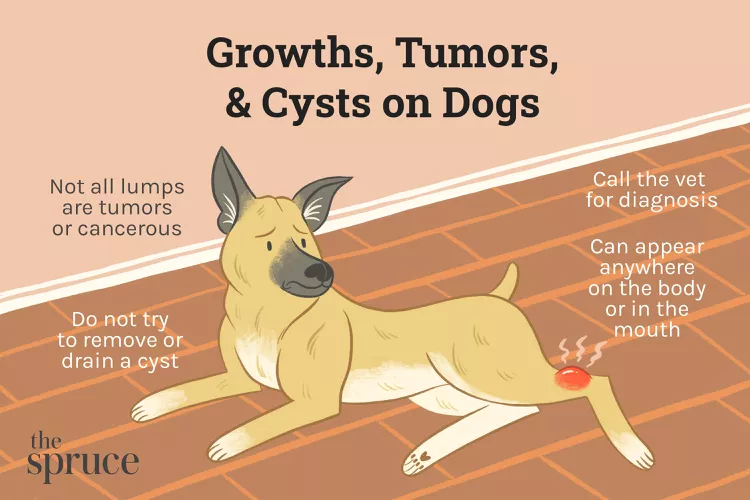
Tumors, Growths, and Cysts in Dogs
Tumors, lumps, growths, or cysts are commonly found on dogs. Learn the causes, treatments, and preventative measures.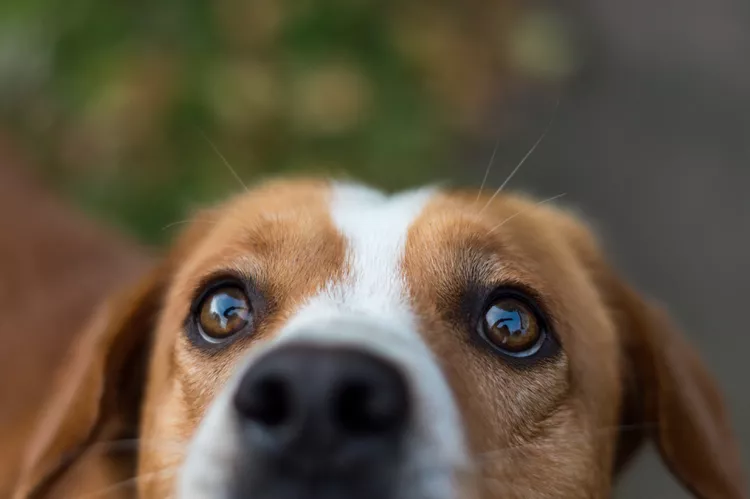
Eye Injuries and Infections in Dogs
Dogs can suffer eye injuries that range from mildly irritating to serious medical emergencies. Learn the causes, treatment, and prevention.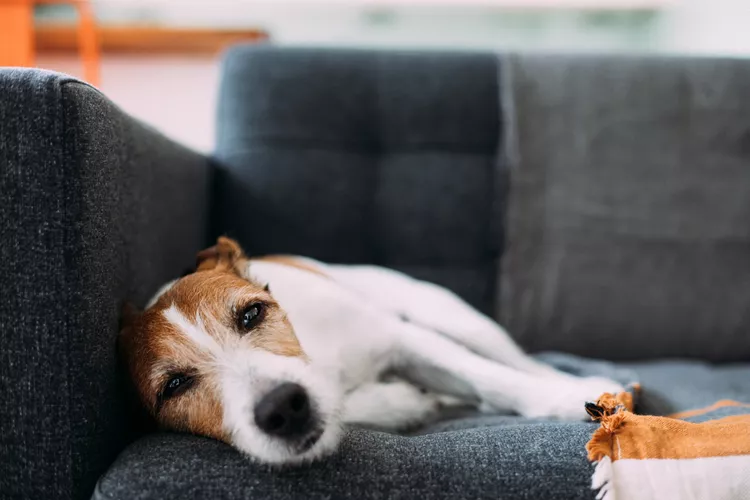
Vestibular Disease in Dogs
Vestibular disease affects a dog's balance and eye movements. Find out about the signs, causes, and treatment of vestibular disease in dogs.
Is Acetaminophen Safe for Dogs?
Acetaminophen is used by humans for pain and fever relief, but is it safe for dogs? Here's what you need to know before giving your dog acetaminophen.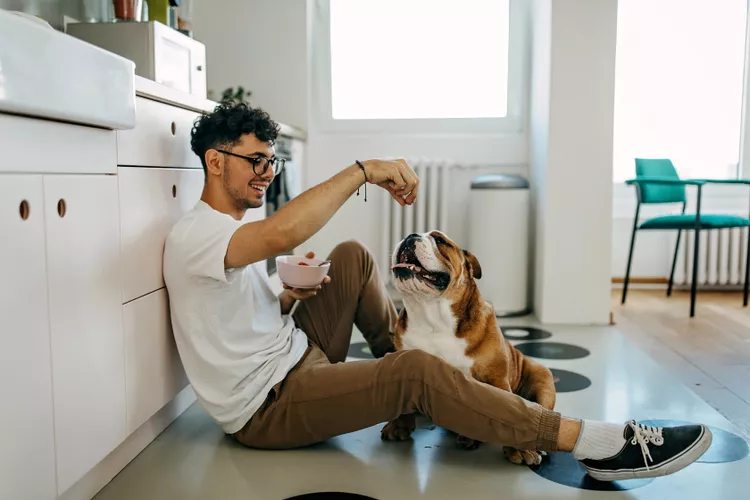
Can Dogs Eat Zucchini? Everything to Know About This Hardy Summer Squash
Zucchini is a nutritious food that's safe for dogs to eat in moderation. This low-calorie, high-fiber vegetable can be incorporated as a healthy treat in a dog's balanced diet. Learn more about its health benefits, potential risks, and how to prepare it.
Can Dogs Eat Popcorn? What You Need to Know for Movie Night
Dogs can eat popcorn, but there are safety concerns. Find out how to safely feed your dog popcorn and what you should do if you're concerned.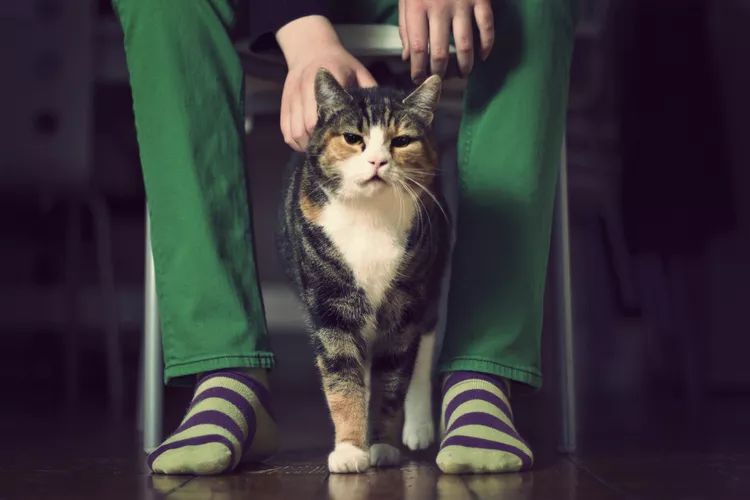
65 Irish Cat Names
Irish cat names can pay homage to historical places, local cuisine, famous Irish actors and musicians, or other wonderful aspects of the Emerald Isle.
46 Egyptian Cat Names
Whether inspired by notable Egyptian deities, locales, or pharaohs, Egyptian cat names can bring out the divinity of your noble feline companion.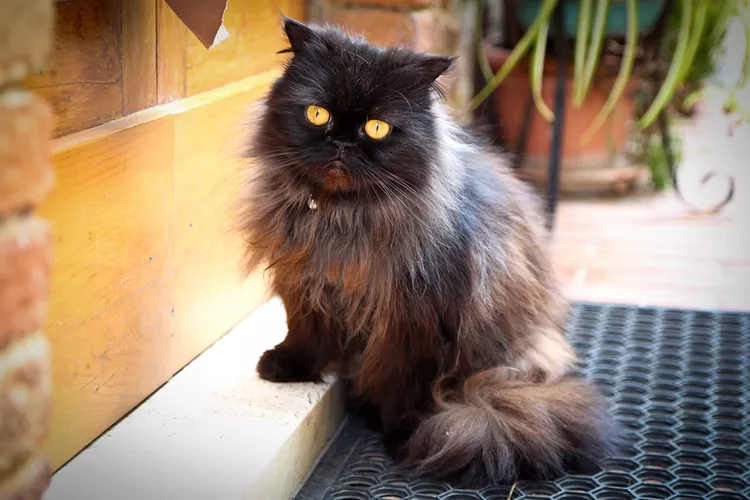
Are Ant Traps Safe for Cats?
Here's how to know if ant traps are safe for cats and how to keep yours free from harm if you have an ant problem.
The 6 Best Cat Nail Clippers of 2024 for a Safe Trim
Clipping your cat's nails can save your furniture and keep your kitty comfortable. We asked veterinarians for their cat nail clipper recommendations.
Is Neosporin Safe for Cats?
A brief summary of concerns a cat owner should be aware of before putting Neosporin on their cat, plus tips for things they can use at home instead.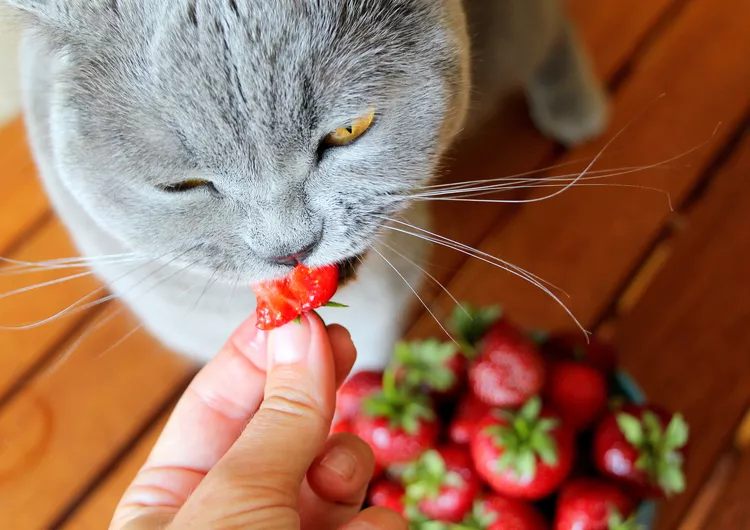
Can Cats Eat Strawberries? How to Safely Share This Summer Berry
Although cats are primarily meat eaters, strawberries may be an interesting and tasty snack for your feline friend. Find out the risks of feeding strawberries to cats and how to safely let your cat enjoy this fruit.
Cute Pictures & Facts About Calico Cats & Kittens
Learn fascinating facts about calico cats, including photos, the genetics behind this color combination, and common folklore and traditions.
12 Most Popular Cat Breeds for Feline Lovers
These 12 cat breeds, like the Siamese and Sphynx, are known for their unique appearances and personalities. Learn what makes them so popular.
Balinese: Cat Breed Profile, Characteristics & Care
The Balinese cat is playful, sociable, elegant, intelligent, and a touch on the vocal side. Learn about the Balinese, including appearance, temperament, health, and care needs.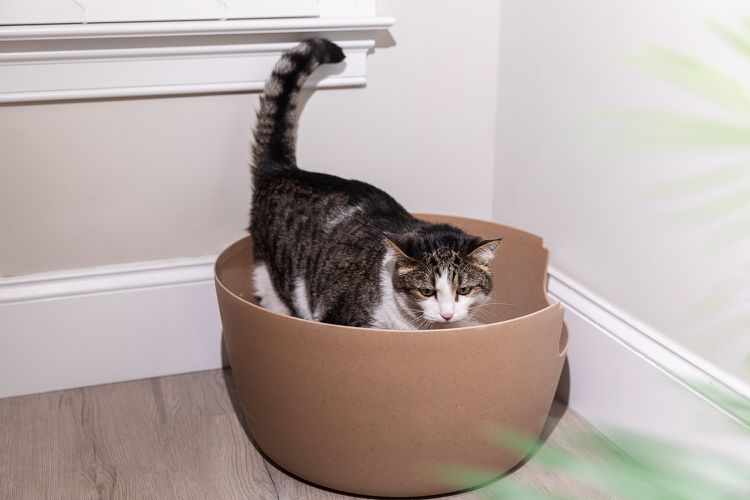
Why Cats Don't Always Cover Their Poop
Cats may not cover their poop for a few different reasons, including being territorial, sending a message to their owner, and not liking the litter.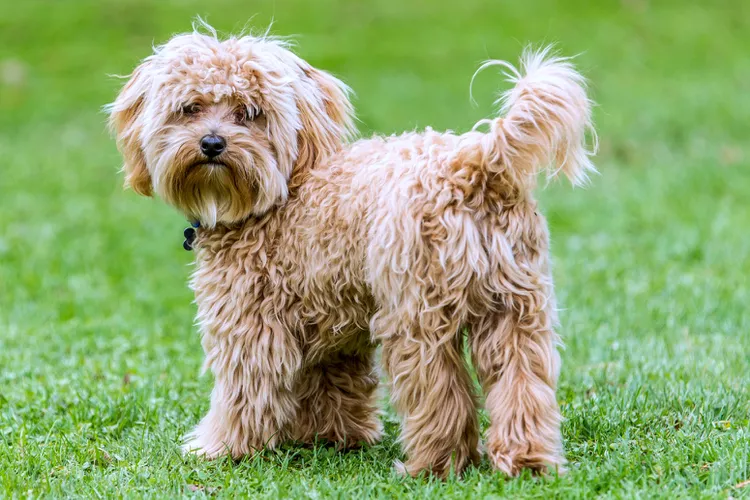
Cavapoo: Dog Breed Characteristics & Care
The Cavapoo is a hybrid of the Cavalier King Charles spaniel and a toy or miniature poodle. Learn why these teddy-bear-looking dogs make the perfect addition to your family.
Why Dogs Eat Poop and How to Stop Them
Is your dog eating poop? Some dogs do this because of stress or illness. Learn how to prevent stool eating, or coprophagia, in dogs.
Can Dogs Get Depression? How to Help Your Sad Dog
Can dogs get depression? Learn about the signs of depression in dogs and find out how to help your sad dog.
4 Reasons Why Your Dog Licks Their Butt
Butt-licking in dogs can be a part of normal grooming, but excessive butt-licking is not normal. Read about the most common reasons for this behavior.